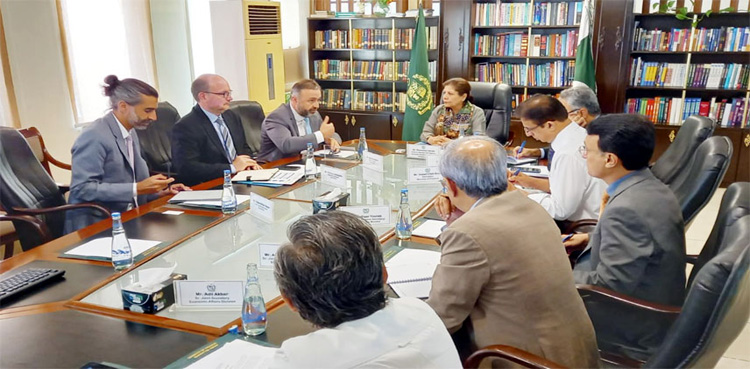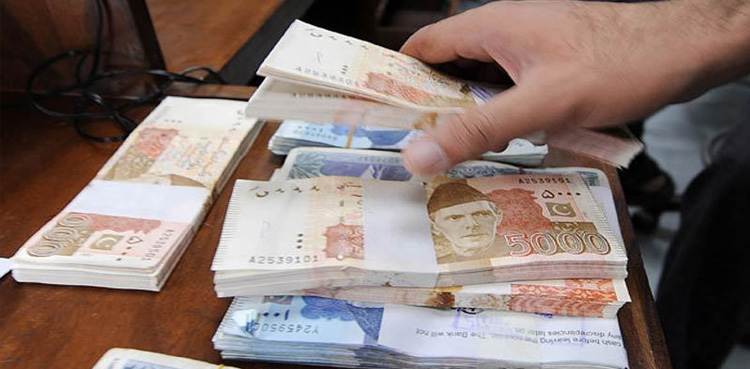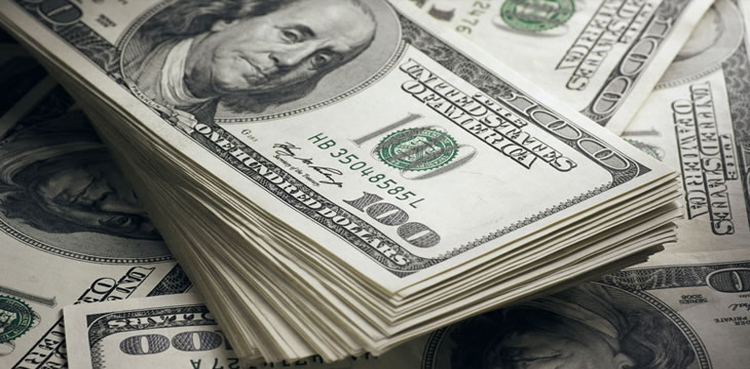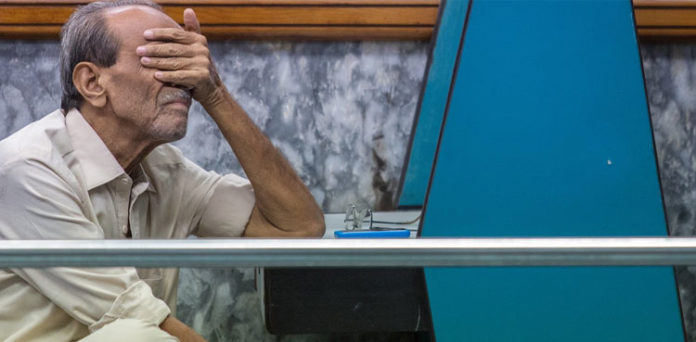It is indeed ironic to observe that while the global economic situation is recovering from the setbacks of Covid pandemic and Ukraine war yet Pakistan’s economy is sliding consistently. A new world trade report released by the World Trade Organisation (WTO) points out that negative headlines are obscuring a more optimistic global trade picture as even trade between the United States and China reached its highest-level last year despite escalation of trade tensions between them since 2018.
Trade tensions that began in 2018 between the world’s two largest trading partners saw tit-for-tat escalation of import tariffs but the report noted that despite all obstacles bilateral trade increased. Unilateral trade-related measures are generating an increasing number of trade measures that are raised by WTO members in different bodies. The nature of these concerns is also changing as re-globalisation through increased international cooperation and broader integration is assisting trade, inclusiveness and environmental sustainability.

On the other hand, Pakistan is sinking deep in economic mire as it is now reported that the country’s interest payments last month increased alarmingly to Rs.537 billion while its income stood at Rs.381 billion surpassing the federal government’s net income for the month by Rs.156 billion that constitutes 41 per cent shortfall. This has raised concerns that the annual debt servicing cost may exceed budget allocations due to rising interest rates. Provisional federal fiscal operations for July, marking the beginning of fiscal year 2023-24 have indicated that Pakistan’s debt situation is no longer sustainable. The country is now borrowing primarily to meet interest payments that is contributing to an elevated debt burden. Intriguingly, just a year ago, the net income was sufficient to cover interest payments, but this is not the situation currently.

Moreover, the ever-increasing interest rates has forced the federal government to borrow Rs.1.3 trillion at a rate of 24.5% for three months, a rate that was 2.5% higher than the key policy rate. Market sentiment appeared reluctant to lend money to the government due to reports that the central bank was considering increasing the key policy rate to 25%, although the State Bank of Pakistan (SBP) denied these reports.
The federal government had no choice but to secure these costly loans due to its cash buffers being nearly Rs.1.5 trillion less than emergent needs as against the available cash buffers, the government was scheduled to make Rs.2.05 trillion in debt repayments. Similarly, Rs.310 billion in interest payments were due within this week including on external loans. Additionally, around Rs.80 billion was due to the Benazir Income Support Programme (BISP) beneficiaries. It must be kept in view that for the current fiscal year, the government has allocated Rs.7.3 trillion for debt servicing though this figure may go up to Rs.8 trillion.
In the previous fiscal year, the federal government missed its budget targets and failed to restrict fiscal operations to the level agreed upon with the International Monetary Fund (IMF) as the coalition government went entirely out of line leading to a substantial increase in public debt from Rs.44 trillion in March 2022 to Rs.61.8 trillion by July this year.

It happened because the federal government’s total expenditures surged by 20% compared to the same month the previous year, reaching Rs.645 billion. It was left with no option but to borrow even for defence expenditure. It was mentioned that taking a questionable action the government undertook the responsibility of polio eradication programme entailing an expenditure of $1.8 billion. Additionally, development spending also witnessed significant growth rising to Rs.16 billion from Rs.5 billion from previous year indicating preparation for election for the parties of coalition government.
Another serious difficulty faced by the financial decision makers of Pakistan is the reservation exhibited by Saudi Arabia with respect to protection of its investments and rights in Pakistan prompting an immediate wholesome review of the situation and setting of tight deadlines by Pakistani authorities to materialise the much-needed investment in Reko Diq gold and copper mines. Saudi Arabia has shown interest in making multibillion-dollar investment in the Reko Diq project and the Saudi leadership is interested to capitalise on it at the earliest but the project’s bankable feasibility study has not yet been completed. In this context, it was reported that a Saudi Arabian delegation visited Pakistan last month evincing interest in bringing investment in major projects subject to the resolution of certain issues.Pakistan eyes around $25 billion investment from Saudi Arabia that it hopes to get under the Special Investment Facilitation Council (SIFC) umbrella in the next three to five years.

Saudi Arabia wants to make investment in mines, mineral, power, agriculture and plasma products. However, it was reported that Saudi Arabia raised the issue of hurdles in repatriation of dividends by the foreign investors as the State Bank of Pakistan (SBP) is not allowing free outflow of the dollar due to thin positions of the foreign exchange reserves that has created serious resentment among the existing and the new foreign investors. It was also reported that Saudi Arabia also enquired about the regime in place for its investment protection and issues related to dispute resolution mechanism along with demanding additional benefits on its investment though what kind of benefits was not specified. Reportedly, the Saudis are particularly concerned about the investment proposals floated by two of its companies, Aramco and ACWA Power, which are interested in setting up oil refineries and investing in the renewable energy projects.
Under the aegis of SIFC, negotiation and oversight committees of the Reko Diq project for negotiations with Saudi Arabia are constituted. SIFC has also directed that ministries concerned would devise and upgrade existing brownfield investment opportunities through the platform provided by the SIFC to ensure new investment in these projects. The SIFC has also approved to exempt the hiring of financial advisers by Pakistan from the Public Procurement Regulatory Authority (PPRA) rules aimed at achieving the deadlines set to dilute Reko Diq shares in favour of Saudi Arabia.

The finance ministry and the SBP had been instructed by the SIFC to facilitate foreign currency payment by the Pakistani shareholders of the Reko Diq project to make payments to the advisers. The SIFC also allowed the energy ministry to engage local legal advisers, technical consultants and financial advisor for the Reko Diq project along with specifying future course of action for them.
On the other hand, the caretaker government is under pressure both from the public and the establishment to improve the financial position. Deeply conscious of the public outcry on receiving inflated electricity bills the caretakers resorted to a crackdown on power theft and it was reported that eight million units of power theft detected fetching fine of Rs.352.4 million out of which Rs.27.25 million recovered from them so far.
These consumers were involved in theft of electricity by direct supply, punching holes in the meter body, shunt system, tempering of the meter body and various other methods. All electric supply companies known as DISCOS are involved in this nation-wide crackdown and it was reported that LESCO and MEPCO are doing better than other companies.


